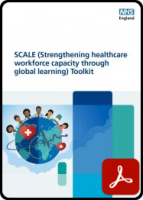The SCALE (Strengthening healthcare workforce capacity through global learning) partnerships facilitate collaborative learning and exchange between UK and overseas healthcare organisations. SCALE began in 2021 between UK partners and counterparts in Uganda, with a focus on critical care medicine. It has since expanded to involve partnerships in multiple clinical specialty areas including emergency medicine, neonatal, maternity, cardiology, ophthalmology and cancer care. The UK partners are primarily NHS trusts and academic institutions, while overseas partners are national referral hospitals and ministries of health. The goal is to build mutually beneficial relationships that strengthen health systems through knowledge sharing, training, and exchange of healthcare professionals. The partnerships aim to advance medical education, improve quality of care, and develop new health leaders. They utilise different modalities like virtual grand rounds, in-person conferences, and clinical fellowships. Oversight and coordination are provided by the Global Health Unit at NHS England.
Strengthening Health Workforce Capacity through Global Learning also known as SCALE is a methodology that started 2-3 years ago in East Africa. It aims to develop capacity in critical specialty areas with the expectation that health workers trained under this methodology will be able to drive health system changes in their clinical areas. It is a 3-phase approach to developing mutually beneficial and sustainable partnerships between UK organisations and overseas counterparts currently mainly in East Africa, with Uganda being the pioneers and now Kenya coming on board.
The SCALE methodology is championed by governments and developed by clinicians. For example, in Uganda and Kenya the project has taken a top-down approach with establishment of the government-to-government partnership as the primary step which then led to the development of the regional, institutional, and peer-peer partnerships.
Phases
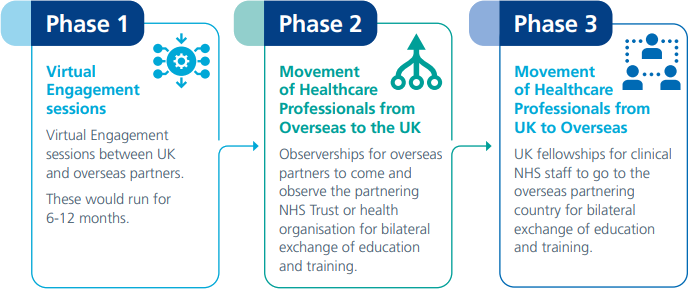
Phase 1: Virtual Engagement
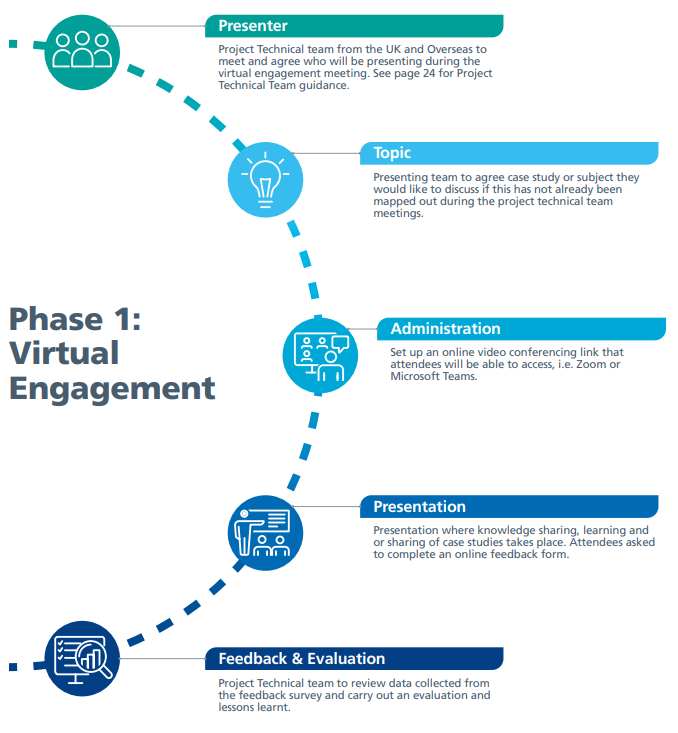
Phase 2: Movement of Healthcare Professionals from Overseas to the UK
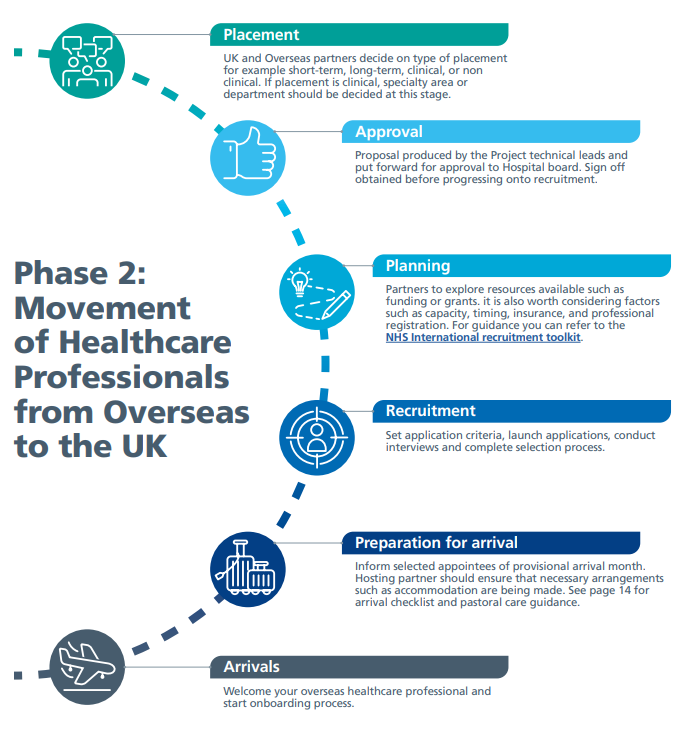
Phase 3: Movement of Healthcare Professionals from UK to Overseas
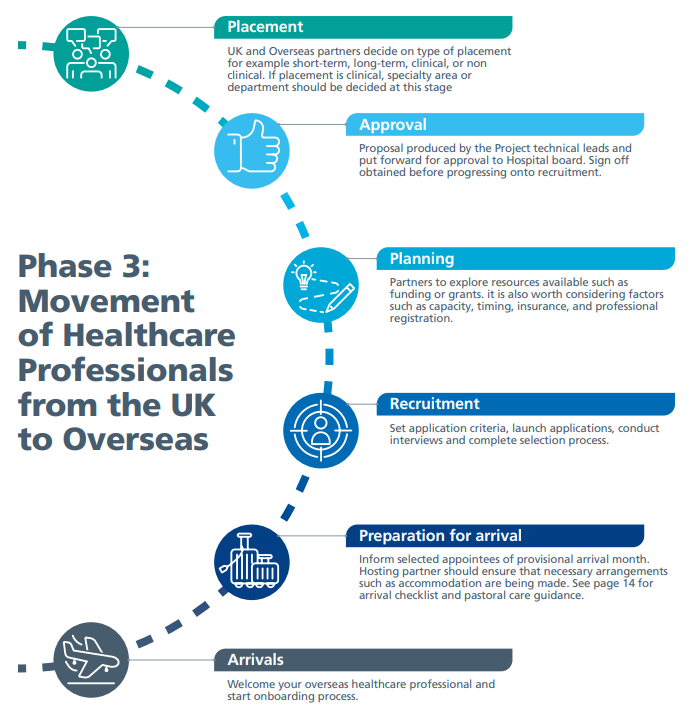
Toolkit
We have developed a SCALE Toolkit to help guide prospective users through the processes of implementing SCALE and collaborating with overseas partners.
The SCALE Mind Map serves as a visual summary of the structure of the SCALE Toolkit and demonstrates the interconnectedness of various components of the toolkit. The mind map details the phases and components integral to the development, implementation, and sustainability of international health partnerships. By dividing the toolkit into sections such as Getting Started, Virtual Grand Rounds, Fellows and Observers, Sustaining Partnerships, and Planning, the mind map provides a clear overview of SCALE.
SCALE Stakeholders
Since the establishment of SCALE in 2021, NHSE have worked closely with several UK and Overseas partners, we continue to expand the SCALE programme and partners we are collaborating with. Here is the current list of partners implementing SCALE.

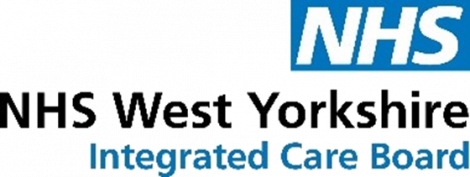



Testimonials
What do the current partners have to say about SCALE so far?
“The learning Uganda has acquired through its Ministry of Health from the West Yorkshire and Harrogate LMNS has enabled the country to establish 15 LMNSs with the core obkective of strengthening regional accountability and catalysing the deliver of Reproductive Maternal Newborn Child and Adolescent Health Services in the various regions across the country.
SCALE Lead, Regional Coordinating Hub, East Africa
“The journey we have started will change women’s and children’s lives.”
Permanent Health Secretary of Uganda
“All the LMNSs established in Uganda now use local datato devise local solutions. The next step Uganda is look at is establishing Regional – Regional Partnerships such as the West Yorkshire and Harrogate LMNS
with the Kampala Metropolitan LMNS. By this approach we enable the establishment of more sustainable mutual global relationships and partnerships.”
SCALE Lead, Regional Coordinating Hub, East Africa
Case Studies
Case Study 1
The planning process began by identifying the core areas where each side faced challenges and could benefit from the other’s strengths. In the UK, the primary healthcare system was robust, but in Uganda, there was a need for advanced and specialised healthcare knowledge that the UK could provide. This led to the selection of specific clinical areas for focus: maternal foetal medicine, neonatology, critical care, and emergency medicine. These were not just chosen randomly but were areas where mutual benefits could be maximised.
A significant part of the planning involved the integration of virtual grand rounds, a strategy born out of necessity when COVID hit, but one that laid the groundwork for continuous knowledge exchange despite physical barriers. This virtual component was crucial, for beginning the conversations and learning what would pave the way for future exchanges and placements between Uganda and the UK. The Uganda SCALE had the benefit in the early stages of a significant visit by the Permanent Secretary of the Ministry of Health to the UK, a moment that built on our ongoing relationship with the Uganda UK Health Alliance. This visit brought to light the question of how to elevate the partnership between the UK and Ugandan Governments to benefit both health system more effectively.
This was about taking our collaboration “to another level to ensure that there is stronger mutual benefit.” This ambition led to the setting up of a partnership model that was inclusive and sustainable. This model included different layers of partnership: “the government-to-government partnership, which gives a blessing for other partnerships that would follow,” and then moving to “the regional partnerships which would enable us to nurture twinning programmes at a regional level.” The institutional and peer-to-peer partnerships were also crucial elements in this multi-layered approach.
Case Study 2
A critical component of the SCALE initiative was the exchange of healthcare professionals between the UK and Uganda. This exchange was designed to address specific needs within the healthcare sectors of both countries, developing a mutually beneficial learning environment. The programme planned two phases to facilitate this exchange: one where Ugandan clinicians would undertake Fellowships in the NHS to appreciate how the NHS healthcare system operates, and another that welcomed NHS professionals into Ugandan settings to appreciate and contribute to healthcare in a low resource environment.
It’s important to begin the exchanges with virtual clinical sessions as this would lay a solid foundation for future in-person exchanges. By engaging in case presentations and discussions moderated by senior clinicians from both sides, participants were prepared for their respective exchange experiences, ensuring an easier transition into new healthcare environments. This preparatory phase was crucial for acclimatising clinicians to the operational and cultural nuances of their host countries, thereby maximising the learning outcomes of the exchange. The programme has succeeded in placing clinicians into critical care placements in Cambridge.
Contact
If you require any assistance with implementing SCALE or have any further questions, please contact the Project Manager for SCALE with NHSE; Johnathan Nicolson.
